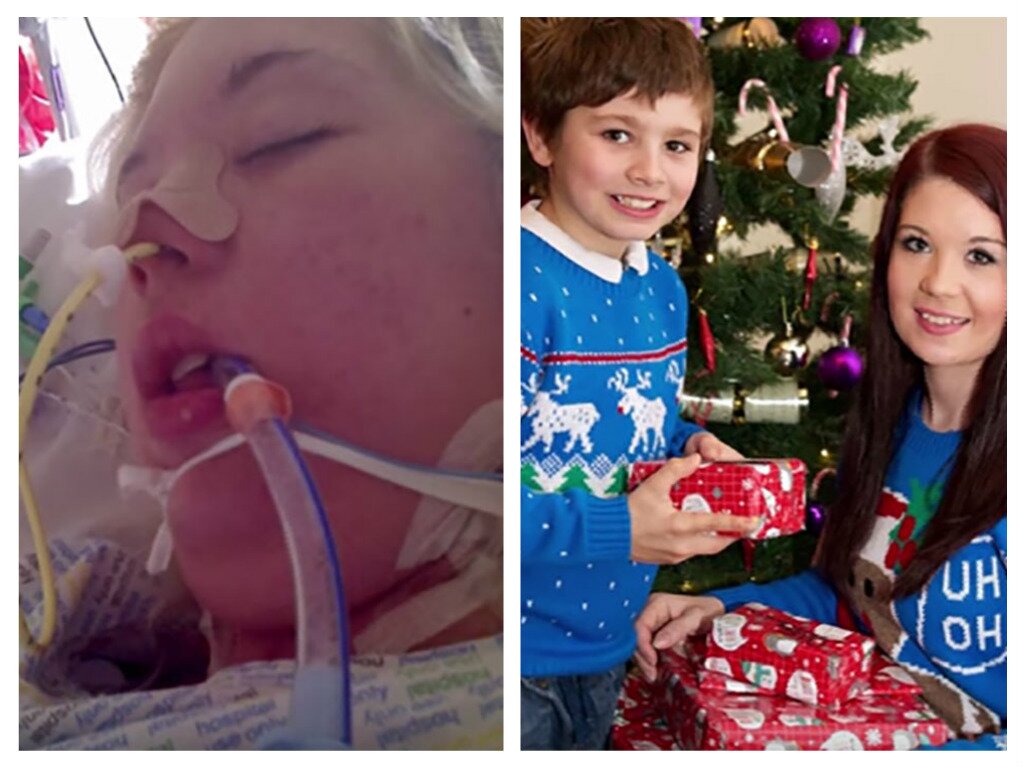
A mother’s worst nightmare? To wake up and not remember her own child! Unfortunately, that's exactly what happened to 27-year-old Deborah Usher, in August 2011.
When she suddenly began to experience flu symptoms, she figured that’s what it was. However, her condition worsened over the next few days, and she had terrifying symptoms like not being able to walk or talk normally. She was rushed to the hospital, and was put into a medically induced coma in the intensive care unit.
A week later she woke from the coma, and had no memories of what had happened. She could no longer feed herself, change her own clothes, and had difficulty functioning properly.
What happened to her was a rare but potentially fatal condition that altered her life forever. Deborah developed toxic shock syndrome (TSS), and doctors believed it was because of the super-plus strength tampons she used during her period.
It took her two months to relearn how to walk, and she suffered severe memory loss; it's like her memory had been wiped clean, and she couldn’t remember her family members, including her own son. She would also forget events that had just happened a week ago.
It has taken five years for Deborah’s memory to return gradually. The most heart wrenching event she forgot was Christmas for the past four years, which is her son’s favorite holiday. She struggles to put memories back together, and even family photos can’t bring back the memories she’s lost. Deborah says ‘TSS has completely taken over my life. It’s like having a permanent hangover every day where you have memory blanks and your head feels funny.’
Toxic Shock Syndrome (TSS) is a rare but very serious condition that is caused when the bacterium ‘staphylococcus aureus’ gets into someone’s bloodstream. It has been most commonly linked to super-absorbent tampon use in menstruation women, although anyone can contract it.
Source http://www.providr.com/
All content on this Web site, including medical opinion and any other health-related information, is for informational purposes only and should not be considered to be a specific diagnosis or treatment plan for any individual situation. Use of this site and the information contained herein does not create a doctor-patient relationship. Always seek the direct advice of your own doctor in connection with any questions or issues you may have regarding your own health or the health of others.

